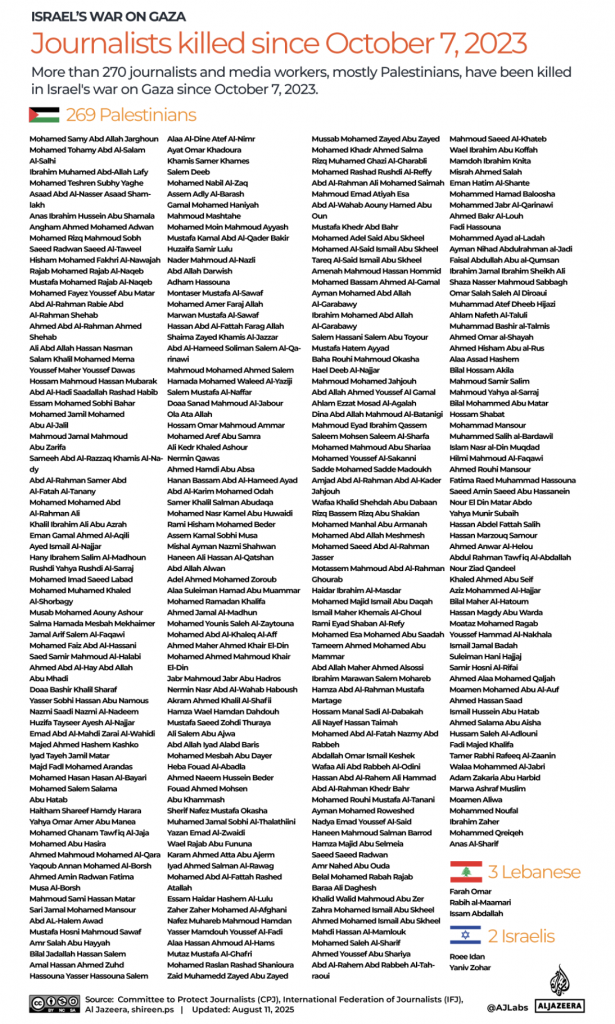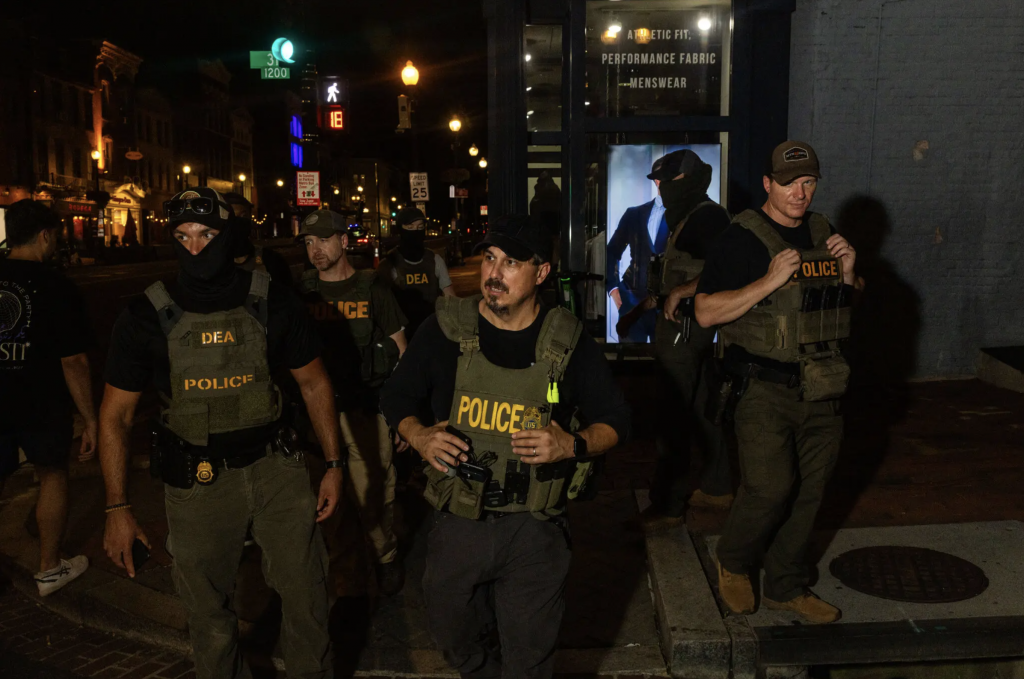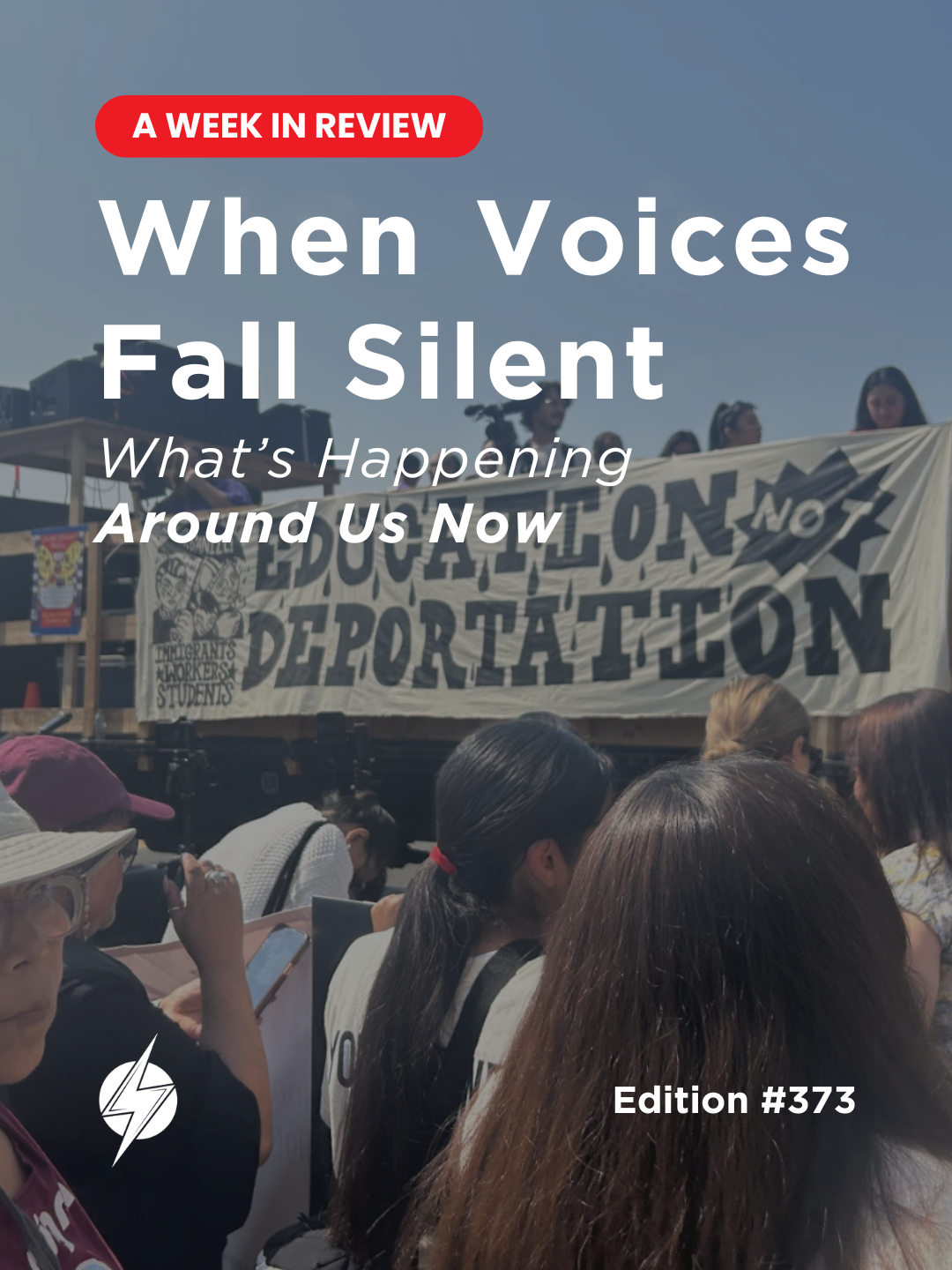This week’s edition covers stories
from August 7th to August 13th, 2025.
Today’s issue is 884 words, a 9-minute read
Hey folks, Isabella here.
So much has happened since we last spoke that it feels like it’s been ages since I’ve written here. The summer is inching to its grand finale with State and Renaissance fairs around the corner, stores swapping out swimsuits for sweaters, and my TikTok “For You” page is pushing every cozy soup recipe imaginable (here’s a personal fave, Borscht, made by creator jujumaoo on TikTok – I’m dying to try!). When I’m not working in teams, you’ll probably find me at home deep in Assassin’s Creed Odyssey (2018, I know… but timeless), watching The Summer I Turned Pretty (teen drama = my guilty pleasure), or sipping mango swirls at Fuzzy’s.
I’m not trying to distract you from the recent occurrences. I’m getting there, I promise. I thought perhaps it had been a while since we personified this weekly newsletter you get in your inbox, and you might wonder, ‘What’s the NewPrensa team up to?’. Some of us are spending weekends at local band concerts, dancing to R&B or Afro beats, or catching as many Twins games as possible, especially after the latest downturn. Uff da.
Silencing the Storytellers

But the world feels heavier this week. While we’re here talking fairs, soups, and summer endings, Gaza is losing its truth-tellers. Nearly 270 journalists and media workers have been killed in Gaza since Israel’s war began in October 2023, making it the deadliest conflict for journalists in modern history. In a recent attack, Al Jazeera reporter Anas al-Sharif, along with three of his colleagues, was killed when an Israeli drone struck a media tent outside Gaza City’s al-Shifa Hospital. This targeted assault follows a grim pattern: journalists marked as press, working in clearly identified vehicles or locations, have been repeatedly killed.
These were not only reporters, they were lifelines, the last voices documenting Gaza’s reality while international media remain barred from entry. Groups like Amnesty International, the UN, and the Committee to Protect Journalists have condemned the killings as war crimes, warning that silencing these witnesses erases evidence of atrocities. On average, 13 journalists die every month in Gaza, creating an intentional news void.
Each name lost represents a story untold, a community without its chronicler, and a blow to press freedom everywhere. The world’s ability to see and understand this war is being deliberately dismantled, and with every journalist killed, the truth becomes harder to reach.
Force in the Capital &
“Music Festivals” of Resistance

While Gaza mourns the silencing of its truth-tellers, here at home the story unfolding is one of force and resistance on U.S. streets. In Washington, D.C., President Trump’s promised crackdown is taking physical shape, with National Guard troops deploying near landmarks and federal agents conducting arrests under a new 30-day takeover of the city’s police force. Officials tout it as a public safety push, but critics, like D.C.’s mayor, call it an “authoritarian intrusion,” warning of long-term harm to communities, especially young Black men.
And it’s not just D.C. feeling the weight of federal muscle. In Los Angeles, MacArthur Park has become a flashpoint. Federal immigration raids have swept up hundreds since June, igniting fierce pushback from immigrant, labor, and civil rights groups. To evade social media censorship, organizers now call these protests “music festivals”, but their purpose is clear: reclaim public spaces, protect workers, and resist what many see as intimidation.
From the National Mall to the heart of L.A.’s immigrant neighborhoods, the debate is the same: whose safety is being protected, and at what cost? These moments, much like in Gaza, remind us how quickly the right to exist, speak, and gather can be challenged.
Stay informed, stay connected.
See you next week!
–
Mateo and the NewPrensa team
Advertisements


Hi, friend: Isabella here!
I’m a Communications Specialist by day and
trying to stay zen by night!
Do you enjoy reading NewPrensa?
Forward it to someone you think may enjoy it too!
Got suggestions, feedback, or a good scoop?
Send it to us at newprensa@newpublica.com or message us on instagram @newprensa
If someone sent this newsletter your way, feel free to subscribe to get local, BIPOC news delivered to your inbox every Thursday morning.


